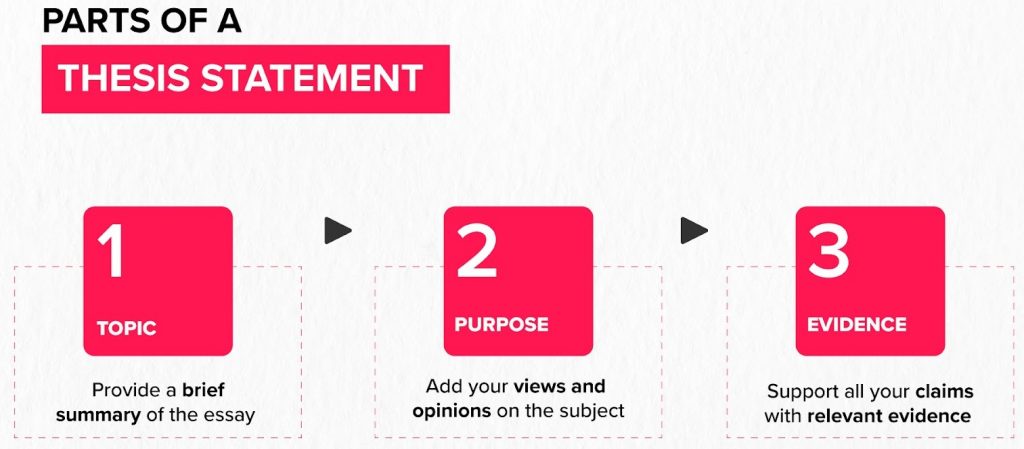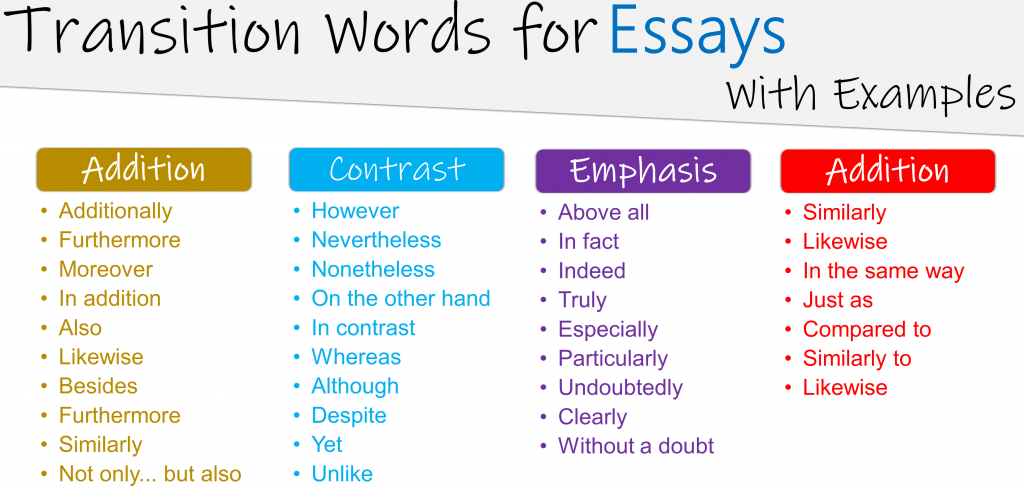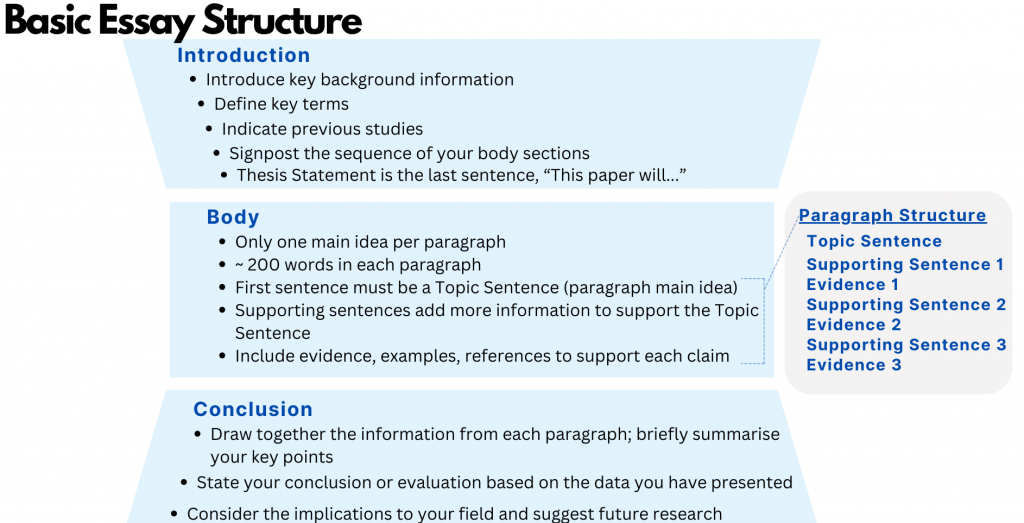In the dynamic world of healthcare, where life and death decisions often hang in the balance, ethical considerations are paramount. Understanding and applying ethical principles is not just an academic pursuit for aspiring nurses. Instead, it is a fundamental pillar of their professional identity. Writing a compelling nursing essay on ethics requires more than simply reciting definitions; it demands a deep understanding of the complexities of the field, combined with the ability to communicate these ideas in a clear, impactful, and engaging manner.
This guide provides a comprehensive roadmap to help you craft a nursing essay on ethics that not only showcases your knowledge but also sparks critical thinking and meaningful dialogue.
Step-by-Step Guide to Writing a Nursing Essay on Ethics
1. Choosing the Right Topic:
The first step in writing a successful nursing essay on ethics is selecting a relevant and engaging topic. It’s crucial to choose an issue that genuinely interests you and resonates with your personal values. It is also important that you understand the key principles of nursing ethics for inspiration in choosing a suitable topic. Start by reflecting on your own experiences, either in clinical settings, classroom discussions, or even personal life, where ethical dilemmas arose. For instance, you might consider topics like:
- Informed Consent: Explore the complexities of ensuring informed consent, particularly in situations where patients might be vulnerable, or where the decision-making process is fraught with uncertainty.
- End-of-Life Care: Analyze the ethical considerations surrounding end-of-life decisions, such as the use of life-sustaining technologies, palliative care, and the role of advance directives.
- Confidentiality and Privacy: Examine the delicate balance between patient confidentiality and the need to share information in certain circumstances, like mandatory reporting of abuse.
- Social Justice and Healthcare Access: Discuss the ethical implications of unequal access to healthcare, considering issues like socioeconomic disparities, cultural sensitivity, and the rights of marginalized groups.
- Emerging Technologies in Healthcare: Evaluate the ethical implications of new technologies like artificial intelligence, genetic screening, and telemedicine, and their impact on patient autonomy and access to care.
2. Building a Solid Foundation:
Once you’ve chosen your topic, it’s essential to lay a solid foundation for your nursing essay on ethics. This involves conducting thorough research and familiarizing yourself with relevant ethical theories and frameworks. Some key ethical theories that are frequently applied in healthcare include:
- Utilitarianism: This theory focuses on maximizing overall happiness or well-being, suggesting that the ethically correct action is the one that yields the greatest good for the greatest number of people.
- Deontology: This theory emphasizes moral duty and principles, arguing that certain actions are inherently right or wrong, regardless of their consequences.
- Virtue Ethics: This theory centers on the character and motivations of the individual, emphasizing the cultivation of virtues like compassion, integrity, and honesty.
- Principlism: This framework draws on four core principles: autonomy, beneficence, non-maleficence, and justice. It provides a practical guide for navigating ethical dilemmas by balancing these principles in complex situations.
3. Crafting a Compelling Argument:
Your nursing essay on ethics should not be a simple regurgitation of facts or theories. Instead, it should present a well-reasoned argument that showcases your critical thinking abilities. To craft a compelling argument, consider the following:
- Identify your thesis statement: This should be a clear, concise statement that summarizes the main argument of your essay. It’s essentially your position on the ethical issue you’re addressing.

- Support your argument with evidence: This might include relevant research findings, case studies, ethical guidelines, or even personal anecdotes that illustrate the ethical dilemma you’re exploring.
- Acknowledge counterarguments: Demonstrate a nuanced understanding of the issue by acknowledging opposing viewpoints and addressing them effectively. This strengthens your argument and demonstrates your ability to consider different perspectives.
- Develop a logical flow: Structure your essay in a way that guides the reader through your argument. Start with an introduction that establishes the context and introduces your thesis statement. Then, develop your argument in a series of paragraphs, each focusing on a specific point or supporting evidence. Finally, conclude with a summary of your argument and a call to action or reflection on the broader implications of the issue.
4. Writing with Clarity and Impact:
While a strong argument is essential, your nursing essay on ethics must also be clear, concise, and engaging. To achieve this:
- Use precise language: Avoid jargon or overly technical language that might confuse the reader. Choose words that accurately convey your meaning and help you articulate your ideas clearly.
- Be concise: Focus on presenting your argument effectively and avoid unnecessary details or tangents. Every sentence should contribute to the overall flow and coherence of your essay.
- Employ effective storytelling: Even when discussing complex ethical concepts, try to weave in personal stories or case studies that illustrate the human dimension of the issue. This can make your nursing essay on ethics more relatable and engaging for the reader.
- Use strong transitions: Smooth transitions between paragraphs are crucial for maintaining a clear and logical flow. Use connecting words and phrases like “furthermore,” “however,” “on the other hand,” and “in conclusion” to guide the reader through your argument.

- Proofread carefully: Before submitting your nursing essay on ethics, proofread it carefully for any errors in grammar, spelling, and punctuation. It’s also helpful to have a trusted friend or colleague review your work for clarity and flow.
5. Examples of Engaging Nursing Essay Topics on Ethics:
To further inspire you, here are some examples of specific nursing essay topics on ethics that demonstrate the depth and variety of this field:
- The Ethical Challenges of Implementing Artificial Intelligence in Healthcare: Discuss how AI-powered diagnostic tools and treatment recommendations might affect patient autonomy, data privacy, and the role of human nurses in decision-making.
- Informed Consent for Genetic Testing in Prenatal Care: Analyze the ethical complexities of offering genetic testing to pregnant women, considering issues like potential discrimination, family planning, and the potential for unintended consequences.
- The Ethical Implications of Stem Cell Research: Explore the ethical debates surrounding the use of embryonic stem cells, including considerations about the beginning of life, potential therapeutic benefits, and the risks associated with this technology.
- Balancing Patient Confidentiality with Mandatory Reporting of Abuse: Examine the ethical challenges of maintaining patient confidentiality when faced with situations of potential abuse or neglect, considering the legal obligations of healthcare professionals and the need to protect vulnerable individuals.
- Ethical Dilemmas in the Allocation of Scarce Resources: Discuss the ethical issues involved in rationing healthcare resources, particularly in situations of crisis, such as pandemics or natural disasters.
6. The Importance of a Well-Written Nursing Essay on Ethics:
A well-written nursing essay on ethics serves several important purposes:
- Demonstrates your critical thinking skills: It showcases your ability to analyze complex ethical issues, apply relevant theoretical frameworks, and formulate well-supported arguments.
- Enhances your professional development: Engaging with ethical issues through writing helps you refine your own ethical compass and strengthens your ability to make sound ethical judgments in real-world situations.
- Prepares you for future challenges: The skills you develop in writing a nursing essay on ethics will prove invaluable as you navigate the complex ethical landscape of your nursing career.
- Contributes to the field of nursing ethics: By presenting a nuanced and insightful analysis, you can contribute to ongoing discussions and promote ethical practice within the nursing profession.
7. Remember: It’s Not Just about Grades
Ultimately, a successful nursing essay on ethics is not just about earning a good grade. It’s about engaging in a thoughtful and critical exploration of the ethical complexities of healthcare. It’s about developing your voice as a future nurse and demonstrating your commitment to providing ethical and compassionate care.
Common Pitfalls to Avoid in Nursing Essay Writing
While crafting a nursing essay on ethics can be a rewarding endeavor, it’s crucial to navigate common pitfalls that can hinder its impact and effectiveness. Here are some key areas to avoid:
1. Lack of Focus and Clarity:
- Vagueness: A common pitfall is presenting a broad overview of ethics without focusing on a specific ethical dilemma. A strong nursing essay on ethics should delve into a particular issue, presenting a well-defined problem and a clear argument.
- Unclear Thesis: A thesis statement is the backbone of your essay. If your thesis is weak or ambiguous, the entire essay will lack direction and purpose. Ensure your thesis is clear, concise, and states your specific position on the chosen ethical issue.
- Rambling Structure: Avoid jumping between different ideas without clear transitions. Structure your essay logically, guiding the reader through your argument step-by-step.
2. Insufficient Research and Evidence:
- Anecdotal Evidence: While personal experiences can be valuable, they shouldn’t be the sole basis for your argument. Back your claims with reliable research, ethical guidelines, and case studies.
- Overreliance on Generalizations: Avoid making sweeping statements without supporting evidence. Focus on specific examples and arguments that illustrate your point.
- Ignoring Counterarguments: A balanced nursing essay on ethics acknowledges opposing viewpoints. Ignoring counterarguments weakens your credibility and suggests a lack of critical thinking.
3. Lack of Critical Analysis:
- Simply Reciting Facts: Don’t just present information. Analyze the ethical implications of the chosen topic. Explore the reasons behind different viewpoints, potential consequences, and possible solutions.
- Failing to Apply Ethical Theories: Demonstrate your understanding of relevant ethical theories by applying them to the chosen issue. Explain how these theories help analyze the dilemma and guide ethical decision-making.
- Lack of Personal Reflection: A nursing essay on ethics is an opportunity to reflect on your own values and how they shape your approach to ethical dilemmas. Share your insights thoughtfully and connect your personal perspective to the broader discussion.
4. Stylistic and Formatting Errors:
- Poor Writing Style: Use clear, concise language. Avoid jargon or overly technical terms that might confuse the reader. Pay attention to sentence structure and flow.
- Grammatical Errors: Carefully proofread your work for errors in grammar, spelling, and punctuation. Seek feedback from a trusted friend or colleague for a fresh perspective.
- Unprofessional Formatting: Adhere to the specific formatting guidelines provided. Use a consistent font, spacing, and citation style.
5. Common Pitfalls Specific to a Nursing Essay on Ethics:
- Focusing solely on legal issues: While legal guidelines are important, a nursing essay on ethics should focus on ethical principles beyond just legal compliance.
- Ignoring the patient’s perspective: Always consider the patient’s autonomy, well-being, and values when analyzing ethical dilemmas.
- Failing to consider the social context: Remember that ethical issues in healthcare are shaped by social, economic, and cultural factors.
Remember that a strong nursing essay on ethics goes beyond simply presenting information. It engages in a meaningful dialogue about the complex ethical landscape of healthcare, demonstrating your ability to analyze, evaluate, and advocate for ethical practices.

Writing a nursing essay on ethics can be a challenging but rewarding experience. By choosing a topic that interests you, conducting thorough research, crafting a compelling argument, and writing with clarity and impact, you can create a work that demonstrates your understanding of ethical principles and your commitment to ethical practice.
The key to a successful nursing essay on ethics is not just about presenting information, but about engaging in a meaningful dialogue about the ethical challenges and opportunities facing the healthcare profession. By doing so, you contribute to the ongoing conversation about ethical nursing practice and prepare yourself for the ethical challenges you will face in your future career.
Get Professional Help with Writing a Nursing Essay on Ethics
Are you struggling with a nursing essay on ethics? Then, engage Exemplary Dissertations for customized essay writing help. We can assist you in choosing a compelling topic, writing the essay, proofreading and plagiarism removal. Besides, our writers can also help you with nursing research papers, case studies and dissertations.

